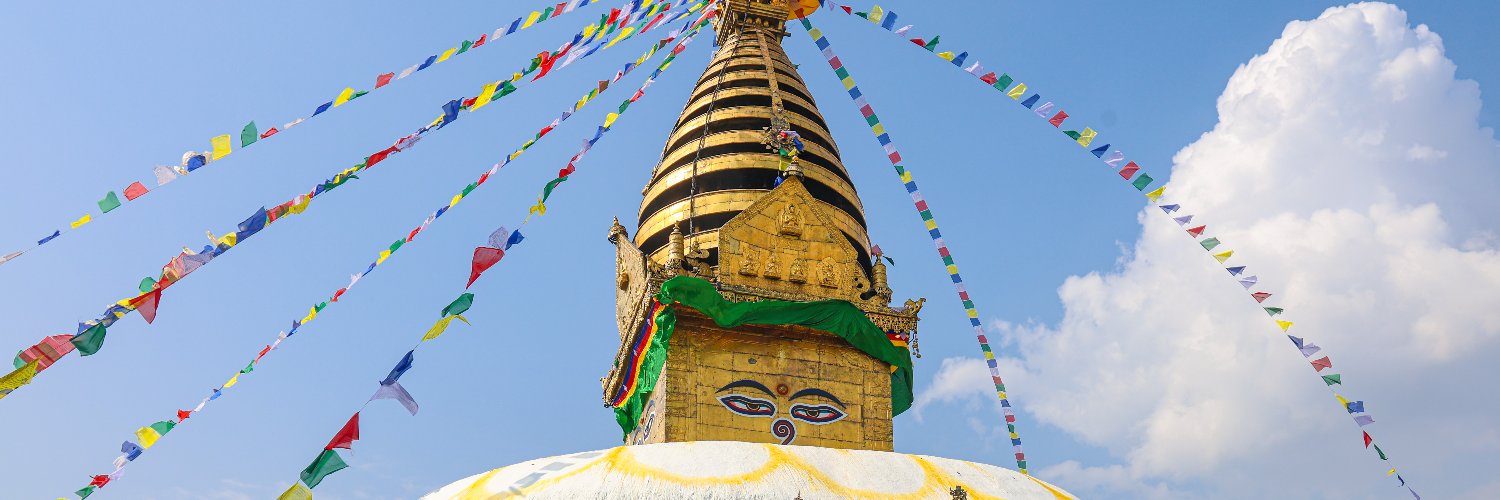
Paul Staniland
@pstanpolitics
@UChicago @UChicagoCIR @CarnegieSAsia political scientist, @ChiPubSchools parent, mediocre photographer, self-loathing Bulls fan.
I'm excited to now be a co-editor in the @CornellPress Studies in Security Affairs book series, joining a great team of Alex Downes, @carsonaust, @ProfSaunders, & @ProfTalmadge. We will be holding a panel on the series at the ISA conference in a couple of weeks:


Residents of the central Myanmar town say they face a daily risk of abduction by both pro-military and pro-democracy militias, with perpetrators increasingly targeting children to force families to pay steep ransoms. frontiermyanmar.net/en/we-are-livi…

Re-upping this new report I wrote on how to think about major power competition over "swing" states and what the US should do about it, with a focus on South Asia:
How does major power rivalry play out for South Asia’s “swing states” – and what does that mean for U.S. policy in the region? @pstanpolitics highlighted a few policy recommendations in his new @CarnegieSAsia paper Read the full paper here: carnegieendowment.org/research/2025/…
My thoughts today are with the laid-off journalists at the Chicago Tribune, and the ones that remain. They do great work under nearly impossible conditions working for failed leadership at Alden Global Capital
Today, @chicagotribune laid off five guild staff members in a roughly 10% cut to our newsroom. These layoffs underscore a sad but unsurprising failure of leadership by Alden Global Capital, our hedge fund owner, and local management.
"UChicago Arts & Humanities Division to Restructure Amid “Historic Funding Pressures”" chicagomaroon.com/l7o1
"But the fundamentals remain unchanged. The planned elections, which will not be credible, will not resolve Myanmar’s political crisis or reduce the intensity of the armed conflict." crisisgroup.org/asia/south-eas…

places in the global chicago belt: toronto mexico city bogota/medellin melbourne osaka what else?
Yes. Writing is not a second thing that happens after thinking. The act of writing is an act of thinking. Writing *is* thinking. Students, academics, and anyone else who outsources their writing to LLMs will find their screens full of words and their minds emptied of thought.
Really good documentary on Hannah Arendt: pbs.org/wnet/americanm…

A Father Braces for Life After a Plane Crash Took His ‘Everything’ nytimes.com/2025/07/16/wor…

"...We stopped a lot of wars. And these were serious, India and Pakistan, that was going on. Planes were being shot out of there. I think five jets were shot down, actually..." Says US President Donald Trump
Officially Dr. Tallo!🎓🥳🎉 Passed my dissertation defense! Thanks to my committee members @pstanpolitics, @carsonaust, Jon Rogowski, & Susan Stokes for all the guidance along the way & a productive discussion today.
Interested in major power competition? Small states navigating a complicated world? The intersection of IR & comparative politics? Asia? This @CarnegieEndow publication is for you:
This new @CarnegieEndow paper offers a framework for understanding how major power competition plays out within "swing" states and a set of implications for US foreign policy:
1/ Excited to release this new paper by @pstanpolitics on the interaction between great power relations and domestic politics in South Asia. Paul asks a big Q: How and why do domestic actors in Asia mobilize external major power rivalry in their own internal politics?
That’s why we’ve smacked every country in the region with tariffs, opted out of its trade pacts, punished even those we have existing FTAs with, are extraterritorializing tech control regs, and zeroed out much foreign assistance. But we still sail carriers around. #HessiansOfAsia
"This is where much of the story of the 21st century is going to be written. This is where two thirds of economic growth is going to happen over the next 25 or 30 years." — @SecRubio
Plus the ever-popular-on-this-website question of how India and the US should relate their policies to one another in South Asia's "swing" states:
Interested in major power competition? Small states navigating a complicated world? The intersection of IR & comparative politics? Asia? This @CarnegieEndow publication is for you:
This new @CarnegieEndow paper offers a framework for understanding how major power competition plays out within "swing" states and a set of implications for US foreign policy:
1/ Excited to release this new paper by @pstanpolitics on the interaction between great power relations and domestic politics in South Asia. Paul asks a big Q: How and why do domestic actors in Asia mobilize external major power rivalry in their own internal politics?
